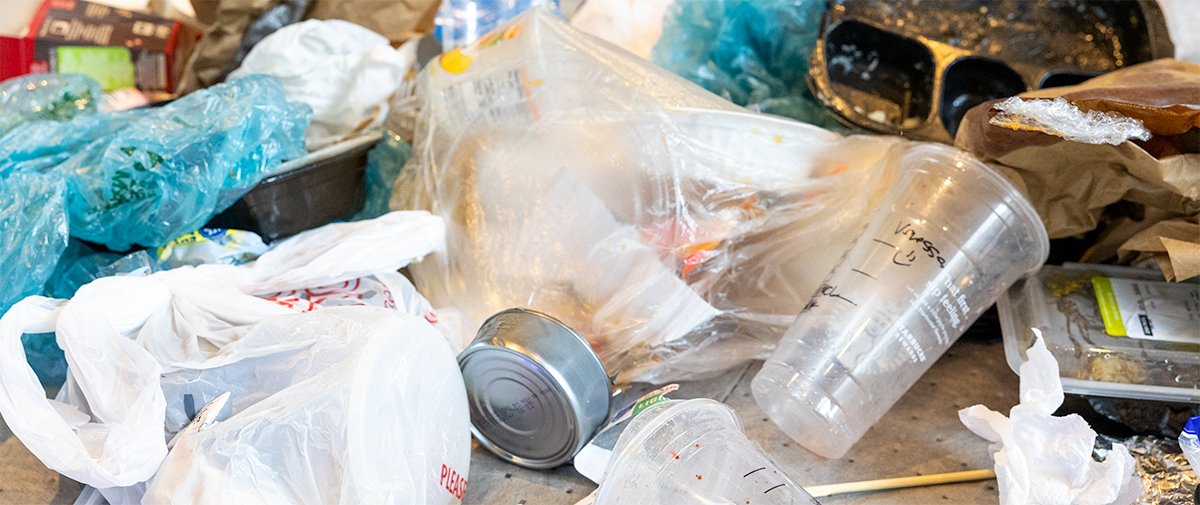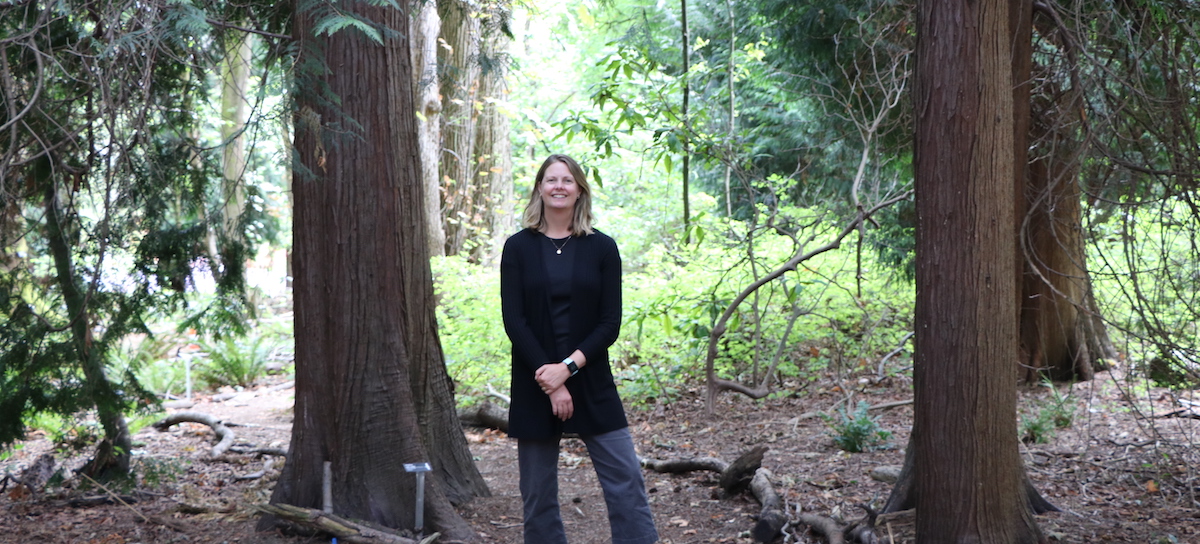Sustainability is part of the fabric of the University of Washington. One of the ten goals in the UW Sustainability Action Plan is to produce ten percent less solid waste by 2025. This means reducing the amount of waste the UW sends to the landfill by ten percent.
Rethinking and reusing items are some of the most impactful ways to move towards our goal. Programs across the UW focus on rethinking and promoting reuse. Below are programs offered at the UW Seattle campus.









